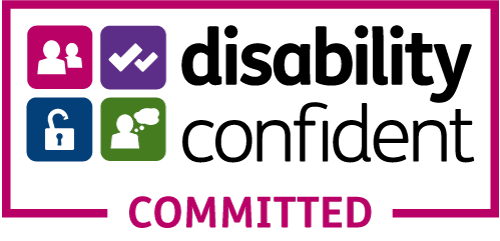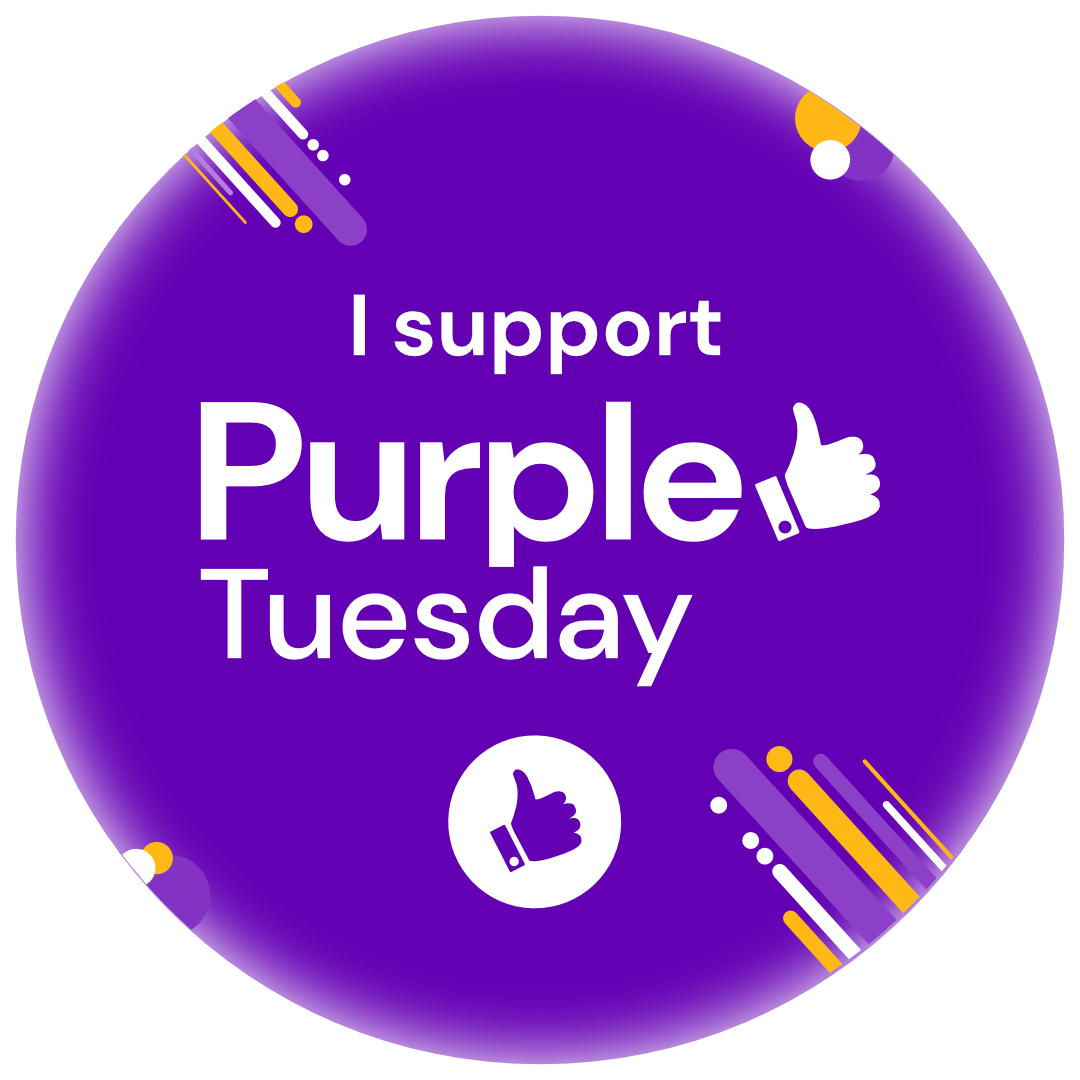MANAGING WORKPLACE STRESS: THE POWER OF EMPLOYEE RECOGNITION
As we observe Stress Awareness Month this April, it's the perfect time to reflect on the challenges posed by workplace stress and explore effective ways to foster a healthier work environment.
Stress is a natural response to workplace demands, but when left unmanaged, it can lead to burnout, decreased productivity, and mental health struggles. Creating a workplace culture that supports employees and actively works to reduce stress is essential for both individual and organisational success.
The Prevalence of Workplace Stress
Recent statistics highlight the extent of this issue. According to Priory Group in 2023/24, an estimated 776,000 workers in Great Britain suffered from work-related stress, depression, or anxiety, leading to the loss of 16.4 million working days.
This underscores the pressing need for organisations to address mental health proactively. High workloads, long hours, lack of support, and poor workplace communication are among the most common stressors employees face daily.
The Impact of Employee Recognition on Stress
One effective approach to mitigating workplace stress is through robust employee recognition programmes. Acknowledging and appreciating employees' efforts can significantly enhance their mental well-being and job satisfaction.
According to HR News, recognition is a powerful tool that positively impacts workplace well-being. Feeling valued can boost motivation, engagement, and resilience, making employees more equipped to handle workplace challenges.
Additionally, when employees feel their contributions are noticed, they are more likely to stay with the company long-term, reducing turnover rates and fostering a more stable work environment. Boostworks found that a tailored rewards and recognition programme fosters positive connections, trust, and open communication within teams—key elements in reducing stress levels and preventing burnout.
Practical Strategies to Reduce Workplace Stress
Stress is unavoidable, but it can be managed effectively. Here are some practical steps both employees and employers can take to create a healthier workplace:
For Employees:
- Take Regular Breaks – Stepping away from your desk for short breaks throughout the day can help reset your mind and improve concentration.
- Practice Time Management – Prioritise tasks, break large projects into smaller steps, and set realistic deadlines to avoid feeling overwhelmed.
- Set Boundaries – Avoid answering emails or work calls outside of working hours whenever possible. Creating a clear work-life balance is crucial for mental well-being.
- Engage in Physical Activity – Exercise is a proven stress reliever. Even a short walk during lunch can help reduce stress levels.
- Seek Support – Talk to a trusted colleague, manager, or HR professional if work stress becomes unmanageable. Employers often have resources available, such as employee assistance programmes (EAPs).
- Practice Mindfulness – Techniques such as deep breathing, meditation, and mindfulness exercises can help reduce stress and improve focus.
For Employers:
- Encourage Open Communication – Create an environment where employees feel safe discussing their stress levels and seeking support.
- Provide Recognition and Feedback – Regularly acknowledge employees' hard work through verbal praise, awards, or incentives.
- Promote Work-Life Balance – Offer flexible working options, remote work opportunities, or encourage employees to take their full lunch breaks and annual leave.
- Offer Mental Health Resources – Provide access to counselling services, stress management workshops, or mental health days.
- Foster a Positive Work Culture – Encourage teamwork, inclusion, and social interactions to create a supportive and enjoyable work environment.
- Monitor Workloads – Ensure that employees are not consistently overburdened with unrealistic deadlines or excessive responsibilities.
It’s Okay to Take a Step Back
Workplace stress is an inevitable part of professional life, but it should never reach a point where it compromises health and happiness. Whether you’re an employee navigating daily challenges or an employer striving to create a positive work culture, taking proactive steps can make a world of difference.
If you’re feeling overwhelmed, remind yourself that it’s okay to step back and prioritise your well-being. Taking a break doesn’t mean you’re unproductive; it means you’re taking care of yourself so you can continue performing at your best. Employers who prioritise employee recognition and mental health initiatives not only foster happier, healthier teams but also benefit from increased engagement, loyalty, and overall success.
As we mark Stress Awareness Month, let’s commit to fostering workplaces that not only acknowledge stress but actively work to reduce it. A culture of appreciation and support benefits everyone—because a healthy workforce is a productive workforce.
Share Here























